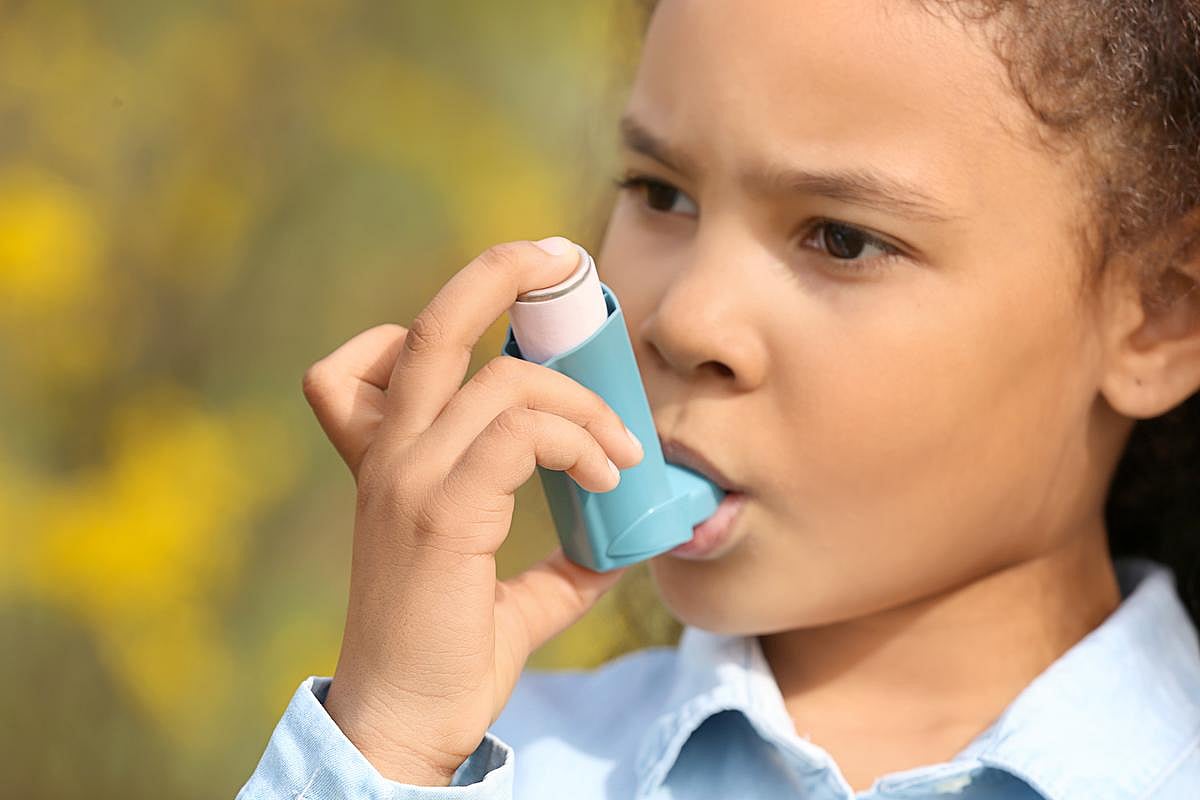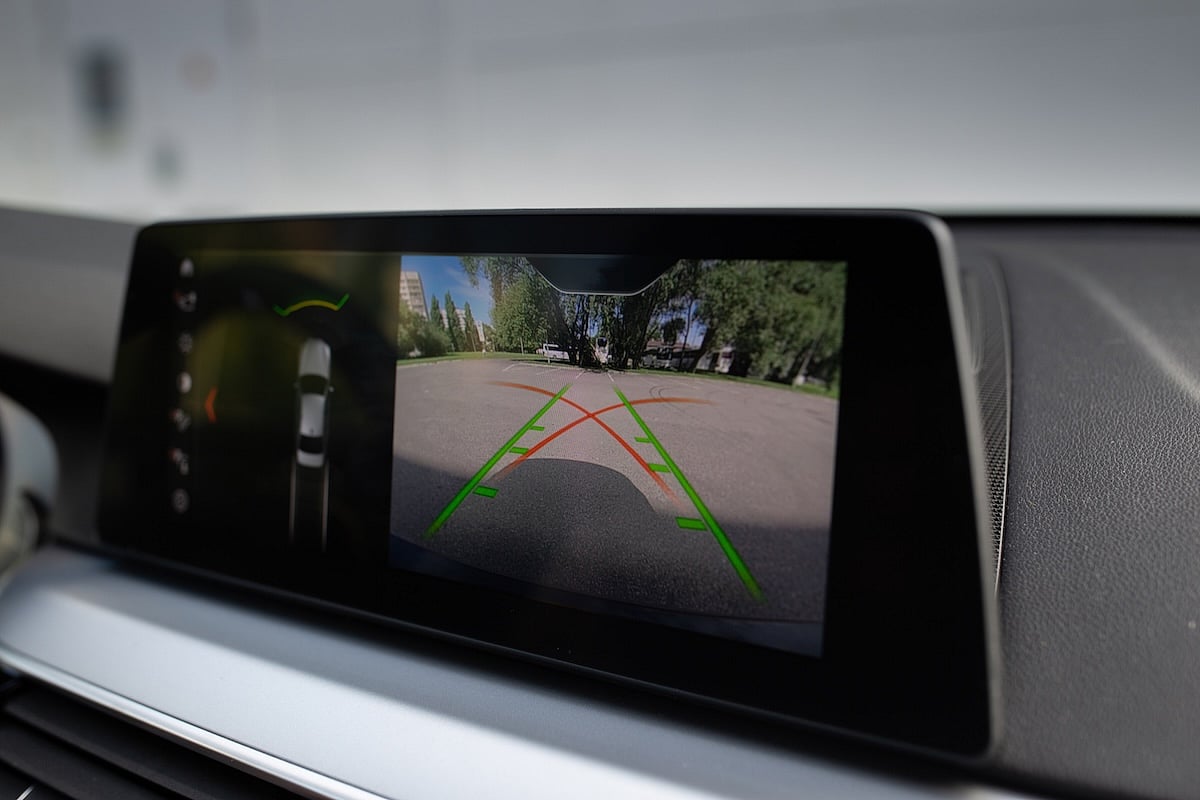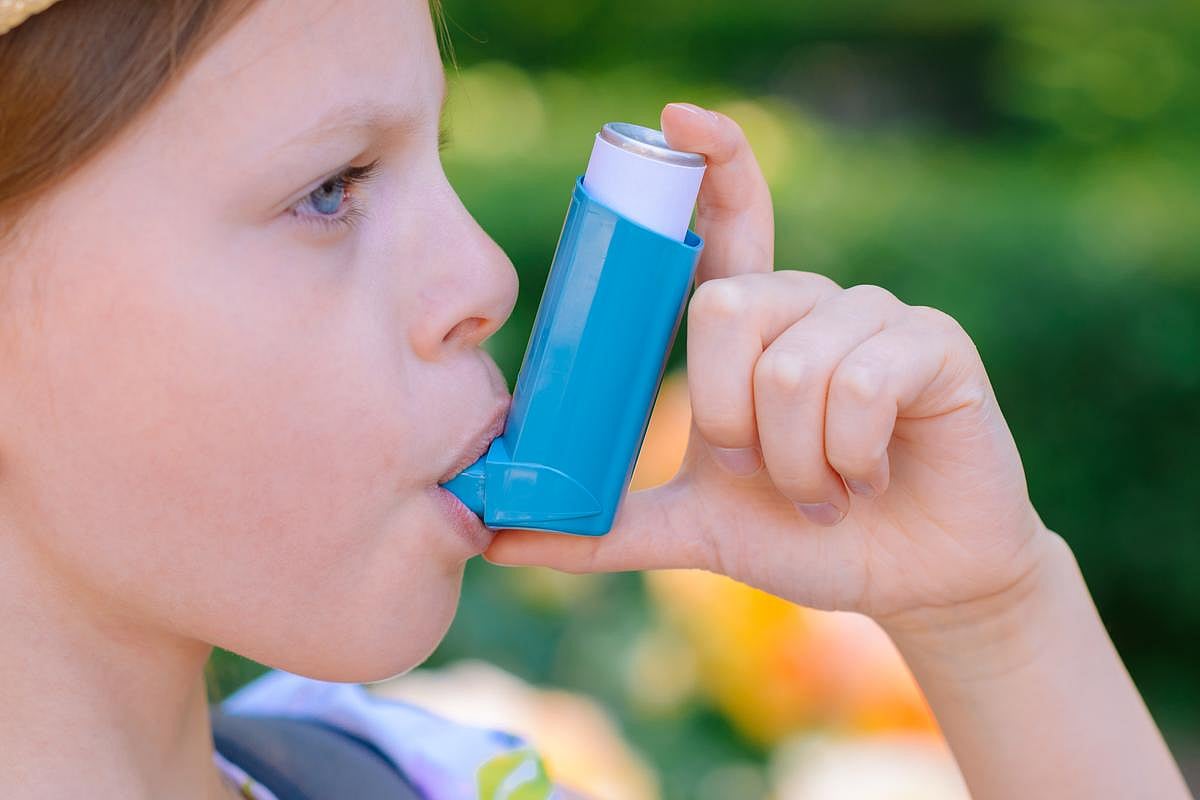
Nearly everyone who suffers a heart attack, stroke or heart failure had at least one warning sign that cropped up years before, a new study says. More than 99% of patients had one or more risk factors prior to their heart emergency, including high blood pressure, elevated cholesterol, poor blood sugar control or smoking, researchers… read on > read on >






























